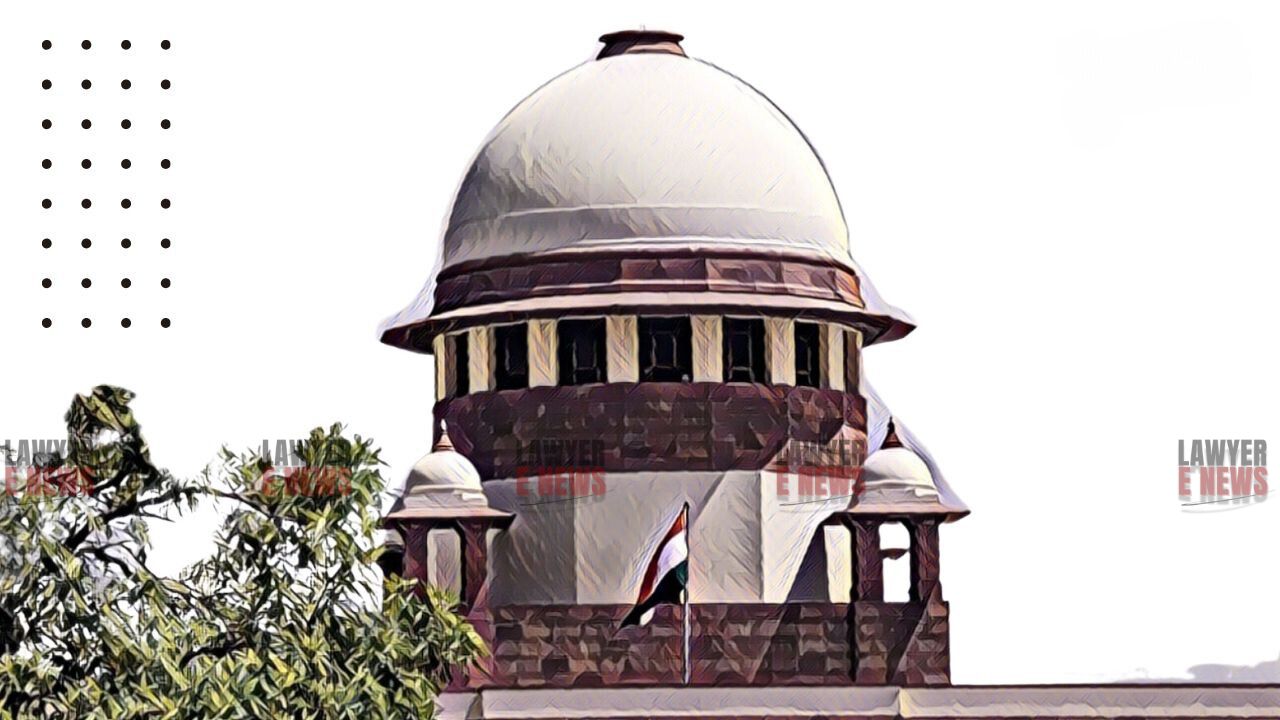-
by Admin
15 February 2026 5:35 AM



Supreme Court of India, in a landmark ruling, acquitted all seven accused in Vijay Singh @ Vijay K. Sharma v. State of Bihar, overturning the Patna High Court’s 2015 conviction. The appellants, including Vijay Singh, had been convicted of abduction and murder under Sections 364 and 302 of the IPC in a 1985 incident involving Neelam, a resident of Munger, Bihar. The Court ruled that the prosecution failed to establish the appellants' involvement beyond reasonable doubt, citing unreliable witness testimonies and a lack of credible evidence.
The case stems from the alleged abduction and murder of Neelam on August 30, 1985, during a property dispute. The Trial Court convicted five of the accused, acquitting two (A-6, A-7), but the Patna High Court overturned the acquittals, sentencing all seven to life imprisonment. The appellants challenged this reversal, arguing that the High Court improperly re-evaluated the evidence and relied on inconsistent witness testimonies.
Unreliable Witness Testimonies: The Supreme Court criticized the credibility of the prosecution’s key witnesses (PW2, PW4, and PW5), noting inconsistencies in their presence at the scene of the crime. The Court found that their testimonies were likely fabricated to strengthen the prosecution's case.
Doubtful Circumstantial Evidence: The Court expressed doubt over whether Neelam was even residing in the house from which she was allegedly abducted, citing a lack of personal belongings or corroborative testimony from cohabitants.
Post-Mortem Conflicts: The post-mortem report suggested that Neelam’s death occurred earlier than claimed, conflicting with the prosecution's timeline and further weakening their case.
Justice Satish Chandra Sharma, writing for the bench, emphasized that the High Court erred in reversing the acquittals of A-6 and A-7 without finding any legal flaws in the Trial Court's decision. The Court held:
“The prosecution failed to discharge its burden to prove the case beyond reasonable doubt.”
The Supreme Court ruled that the evidence presented, including witness testimonies and circumstantial facts, was insufficient to sustain a conviction. As a result, the conviction of all seven appellants was overturned, and they were acquitted of all charges.
The Supreme Court’s decision brings closure to a nearly four-decade-old case, emphasizing the importance of credible evidence and the need for courts to avoid speculative conclusions in criminal matters. The acquittal underscores the requirement for the prosecution to meet a high burden of proof in cases based on circumstantial evidence.
Date of Decision: 25-09-2024
Vijay Singh @ Vijay K. Sharma v. State of Bihar
